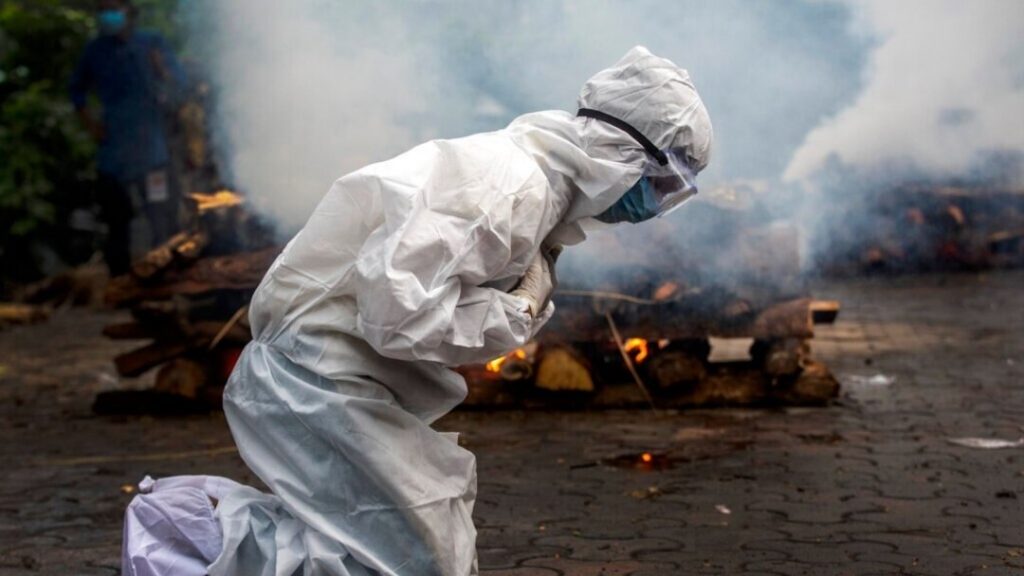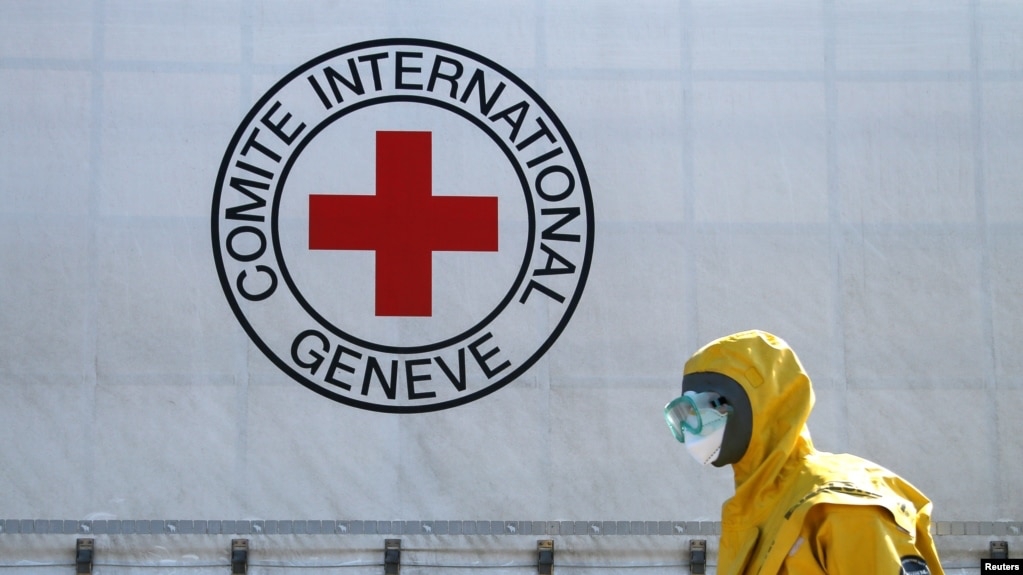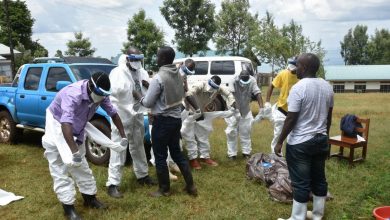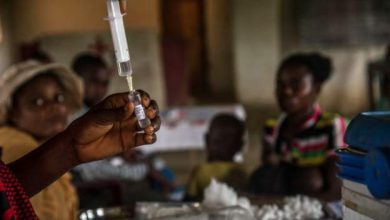
The International Federation of the Red Cross and Red Crescent Societies (IFRC) has issued a warning, stating that all countries are still “dangerously unprepared” for the next pandemic and that future health crises may coincide with increasingly likely climate-related disasters.
Strong preparedness mechanisms are “severelyacking” despite the three “brutal” years of the COVID-19 pandemic, according to the IFRC’s World Disasters Report 2022, which was released on Monday January 30.
By the end of the year, it urged countries to revise their plans for preparedness.
Building equality, trust, and local action networks, according to the largest humanitarian network in the world, is essential to preparing for the next crisis.
On the third anniversary of the World Health Organization designating COVID-19 a global public health emergency, the recommendations were made public.
“The next pandemic could be just around the corner,” said Jagan Chapagain, secretary general of the IFRC, the world’s largest disaster response network. “If the experience of COVID-19 won’t quicken our steps toward preparedness, what will?”
The report said countries need to be prepared for multiple hazards, not just one, adding that societies only became truly resilient through planning for different types of disasters because they can occur simultaneously.

The increase in climate-related catastrophes and waves of disease epidemics this century, of which COVID-19 was just one, were mentioned by the IFRC.
Extreme weather conditions are becoming more common and intense, and “and our ability to merely respond to them is limited”, the report stated.
Major hazards, according to the research, harmed people who are already the most vulnerable. It called leaving the poorest exposed “self-defeating”.
By the end of 2023, countries should review their legislation to make sure it is in line with their pandemic preparedness plans, according to the report.
By next year, they should adopt a new treaty and updated international health regulations that would put more emphasis on preparing local communities.

Additionally, it was suggested that countries increase their domestic health spending by 1% of their GDP and their global spending on health by at least $15 billion annually, which Jagan Chapagain called “good investment to make”.
“The important thing is there has to be a political will to commit to that,” he said. “If it is there, it’s possible.”
Author- Roberta Appiah




